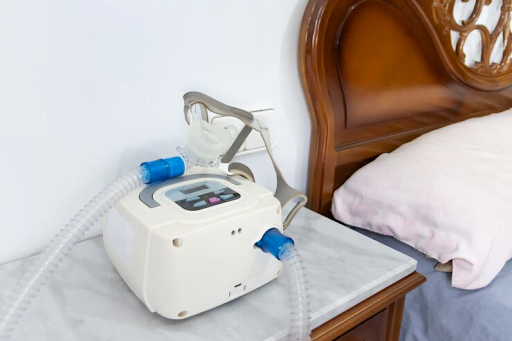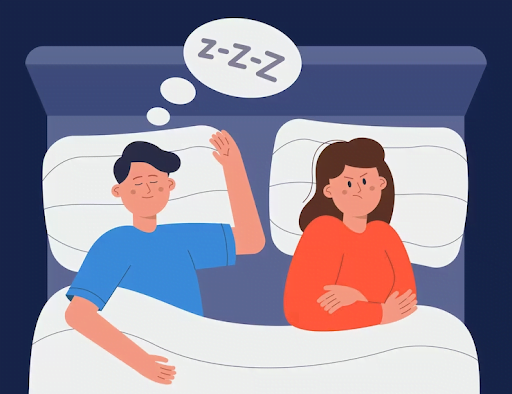Table of Contents
ToggleSleep is an essential part of our daily routine, and a good night’s rest is necessary for our bodies and minds to function optimally. Unfortunately, the quality of sleep has been declining globally due to various reasons, one of which is sleep apnea, a common sleep disorder.
Sleep apnea is a condition that causes breathing to stop and start repeatedly while sleeping, leading to a decrease in oxygen levels in the body. This lack of oxygen can result in a range of physical and mental health problems and have a negative impact on your overall well-being. A visit to a sleep apnea equipment store can provide valuable resources and tools to manage this condition.
This article aims to explore the correlation between sleep apnea and overall well-being while underscoring the significance of seeking medical attention if you encounter any related symptoms.
Physical Health Conditions Associated with Sleep Apnea
Sleep apnea affects individuals across various age groups, with a higher incidence rate in males. It is characterized by recurrent breathing disruptions that result in reduced blood oxygen levels, potentially causing diverse physical health complications. Some prevalent physical health issues linked to sleep apnea include:
- High Blood Pressure: The added burden on the cardiovascular system due to sleep apnea can result in hypertension, which, in turn, can increase the risk of heart attacks, heart failures, and strokes.
- Type 2 Diabetes: Research has demonstrated a high prevalence of sleep apnea in people with type 2 diabetes and vice versa. The underlying cause links to low oxygen levels, which can elevate insulin resistance, thereby contributing to high blood sugar levels.
- Obesity: Obesity has a significant association with sleep apnea, mainly due to the accumulation of fat deposits in the upper airways, causing an obstruction that disrupts breathing, ultimately leading to sleep apnea.
- Asthma: Asthma and sleep apnea are often coexisting conditions in which individuals experience asthma symptoms during the day and sleep apnea at night.
Mental Health Conditions Associated with Sleep Apnea
Sleep apnea can also negatively impact your mental well-being, leading to various mental health problems such as:
- Anxiety: Sleep apnea can cause considerable anxiety because the pauses in breathing and the gasping for air can trigger a fight or flight response in the body.
- Depression: A lack of quality sleep can cause mood swings, irritability and impact your overall mood, leading to depression.
- Poor Concentration: A person with sleep apnea will often find it tough to concentrate on everyday tasks because of the lack of quality sleep.
Managing Coexisting Conditions with Sleep Apnea
When you have a sleep-related breathing disorder like sleep apnea, it’s important to manage it carefully. Living with coexisting conditions, such as high blood pressure or diabetes, may also make it challenging to manage your sleep apnea. However, proper treatment for sleep apnea has been shown to help improve the symptoms of coexisting conditions, making it easier to maintain your overall health.
The Importance of Seeking Treatment for Sleep Apnea
Early diagnosis and treatment of sleep apnea can help prevent the onset of physical and mental health problems and can drastically improve your quality of life. The most common treatment for sleep apnea is Continuous Positive Airway Pressure (CPAP) therapy, which involves using a machine that blows pressurized air via a mask to keep your upper airways open while sleeping.
Conclusion
Sleep apnea can negatively impact your physical and mental health if left untreated. Fortunately, with proper diagnosis and treatment, managing sleep apnea becomes easier, which, in turn, ensures that you can enjoy good quality sleep and receive the necessary support to maintain your overall health. It’s essential to prioritize your sleep health and seek medical support if you think you may have sleep apnea. Don’t ignore the early warning signs; seek medical attention and improve your quality of life.

